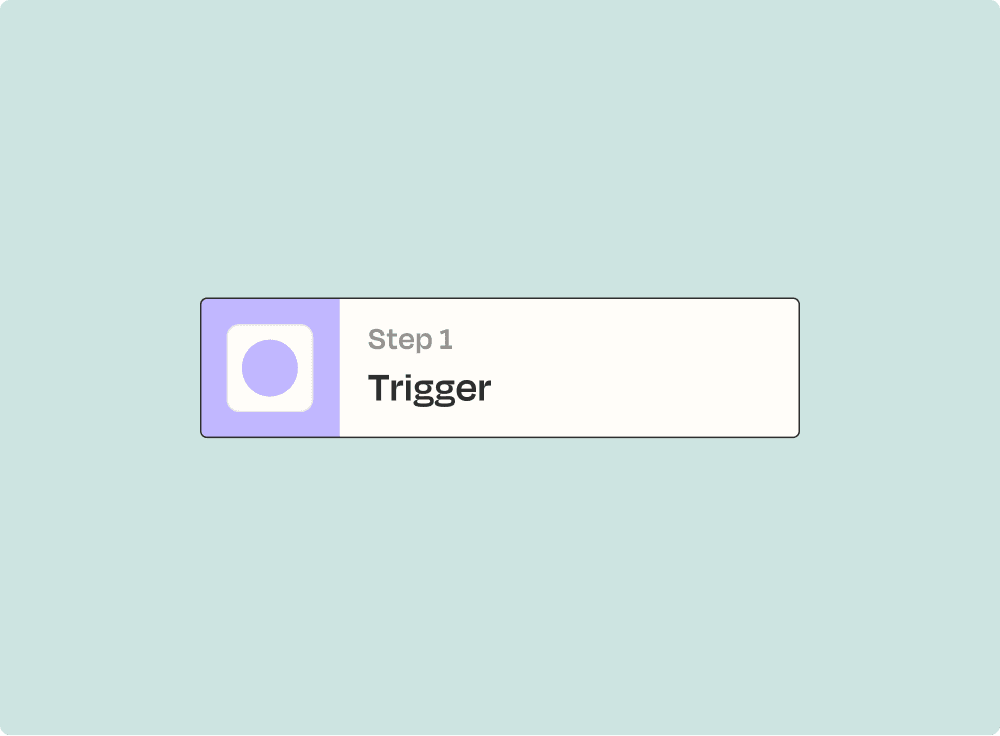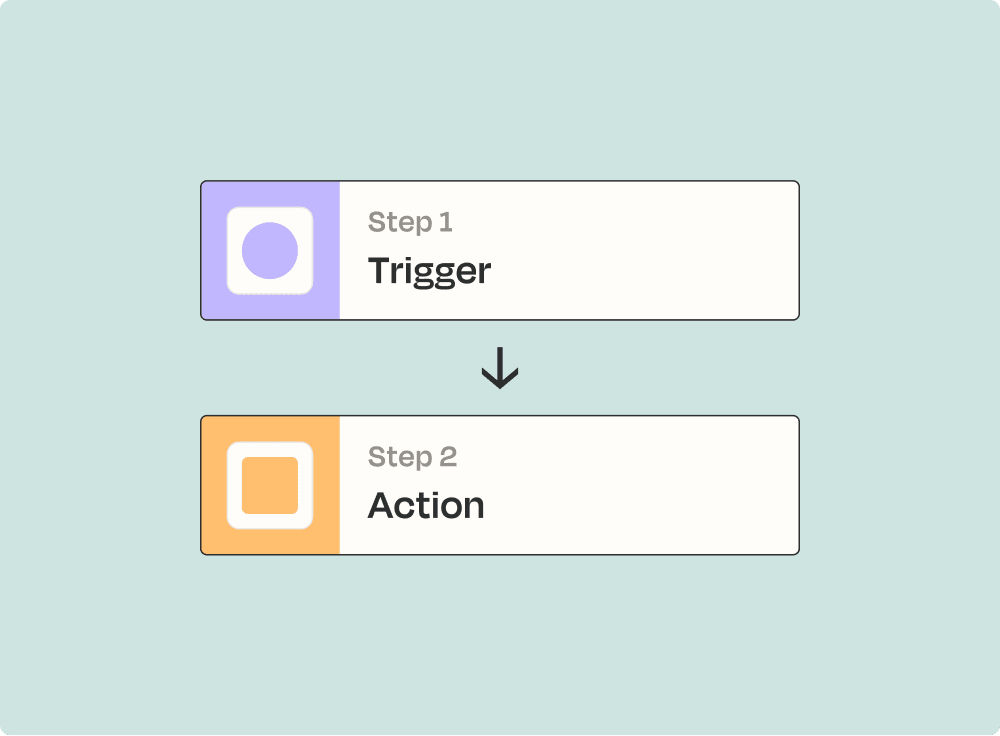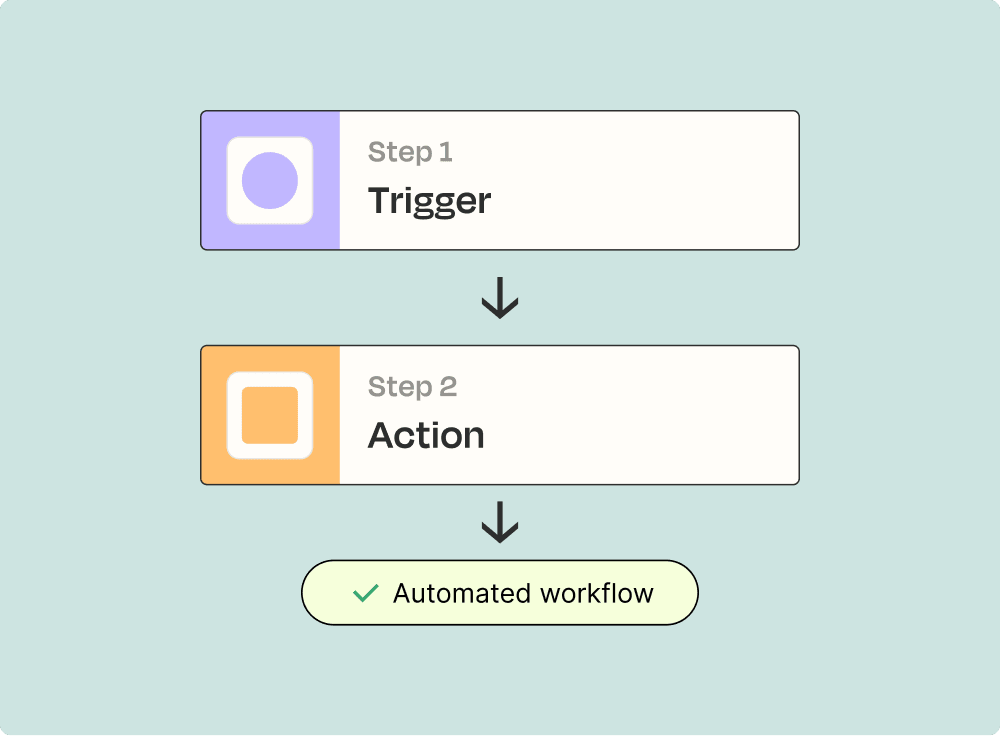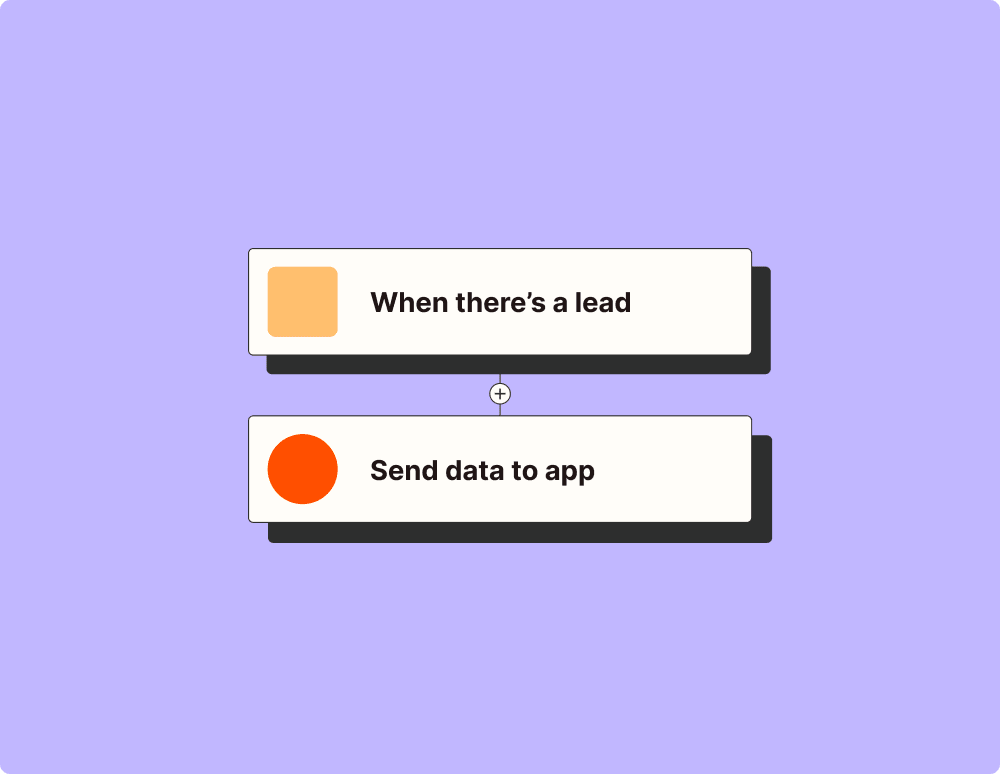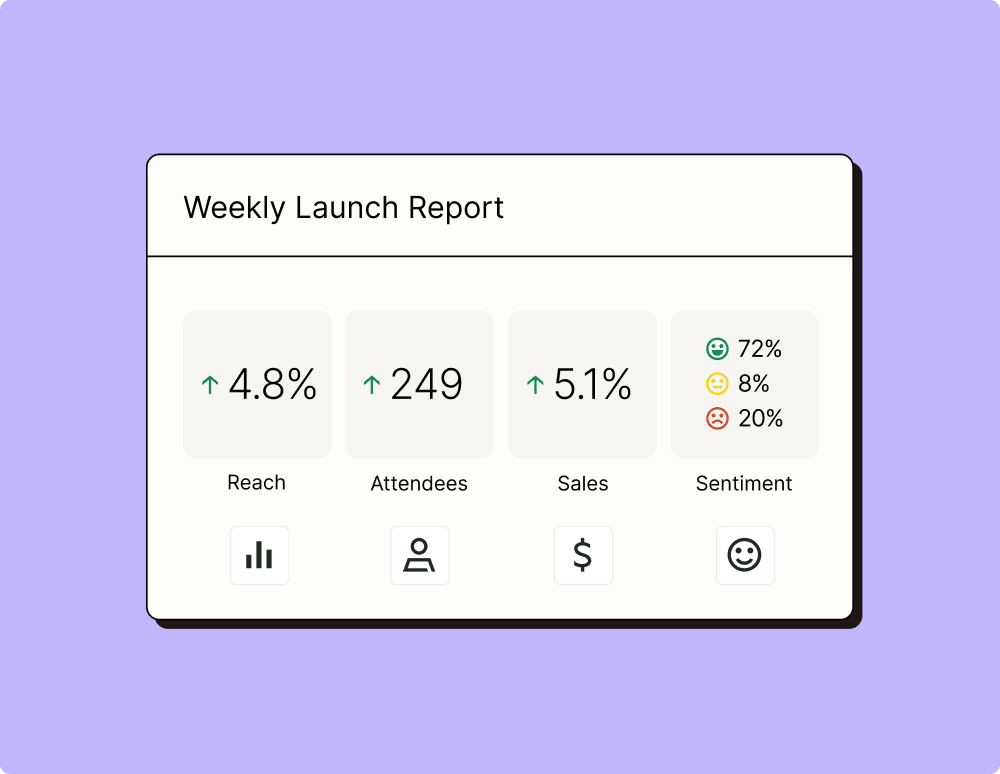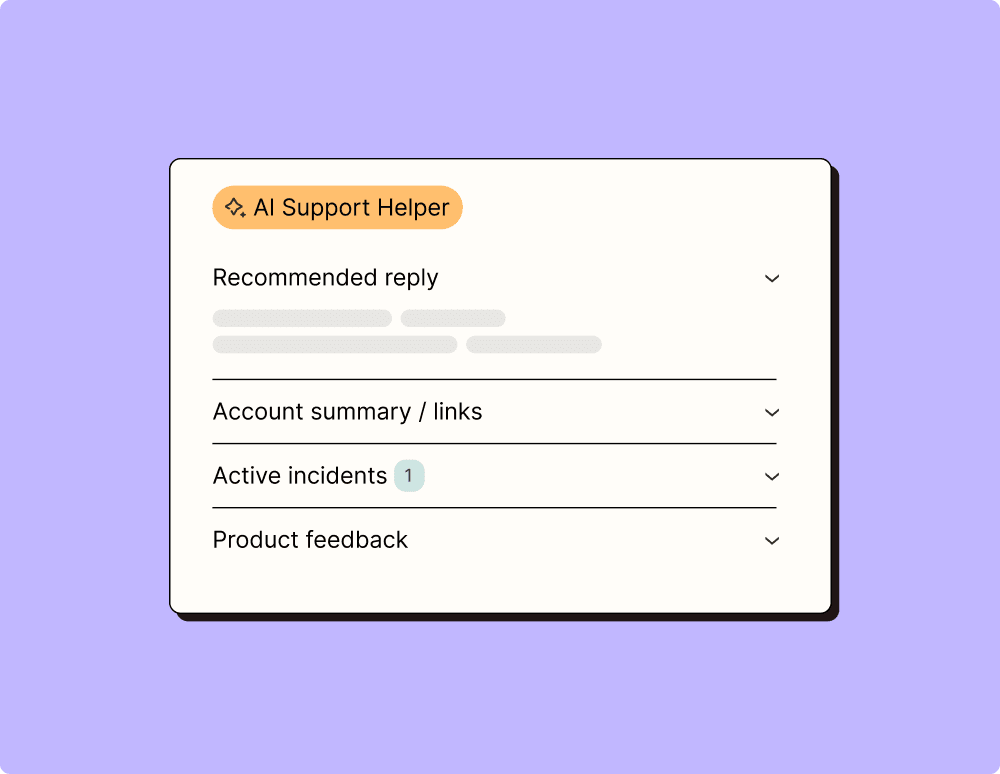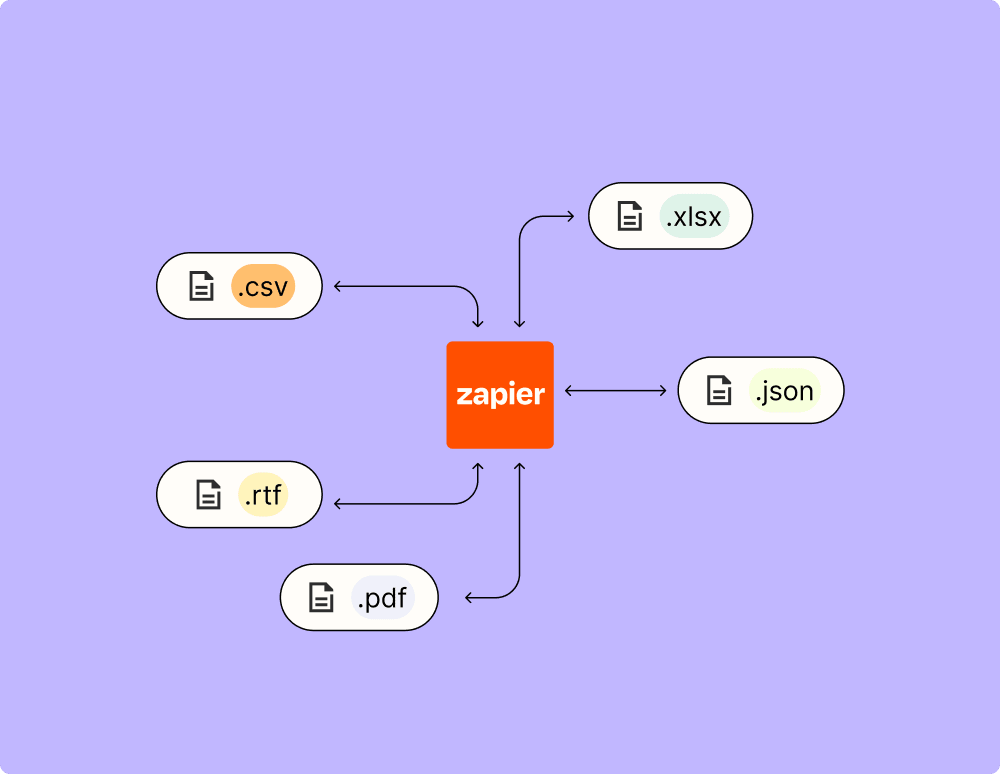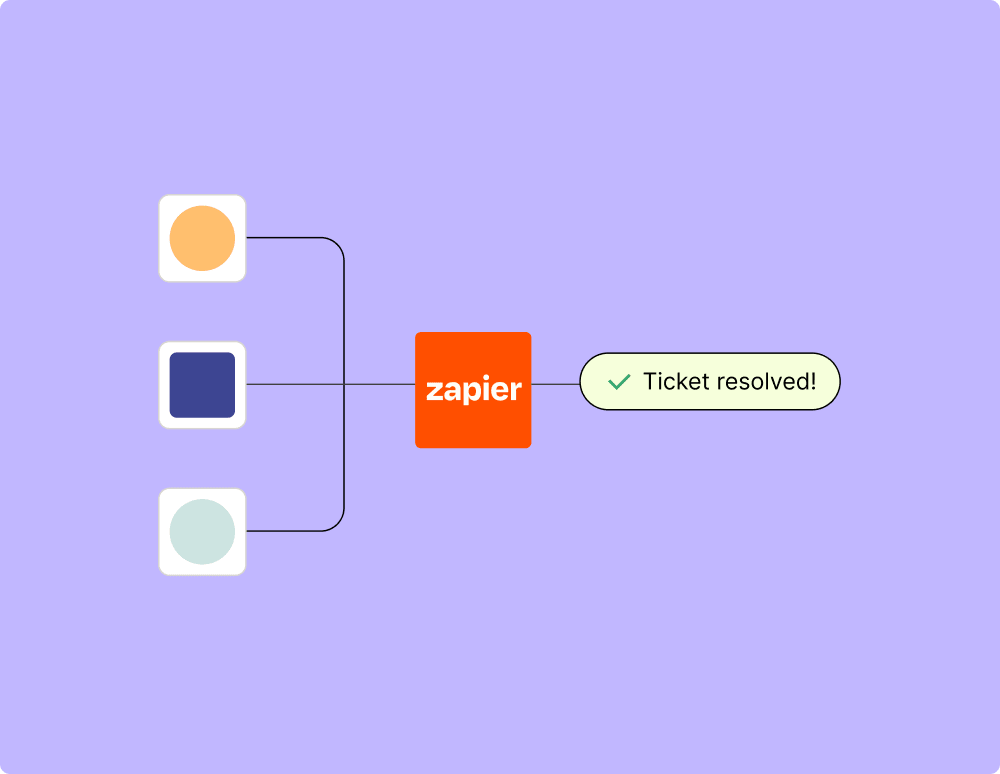Connect GitHub and Notion to unlock the power of automation
- No credit card required
- Free forever for core features
- 14-day trial for premium features and apps
Set up your first integration
Quickly connect GitHub to Notion with a Zapier template.
Our most popular template

How Zapier works
Zapier makes it easy to integrate GitHub with Notion - no code necessary. See how you can get setup in minutes.
Zapier is the automation platform of choice for 87% of Forbes Cloud 100 companies in 2023
93%
Customers who say using Zapier has made them better at their job
25m
Customers have created over 25 million Zaps on the platform
6 mins
The average user takes less than 6 minutes to set up a Zap
Frequently Asked Questions about GitHub + Notion integrations
New to automation with Zapier? You're not alone. Here are some answers to common questions about how Zapier works with GitHub and Notion
How can I integrate GitHub with Notion?
You can integrate GitHub with Notion using automation tools like ours that connect the two services. By creating 'zaps', you can set specific triggers on GitHub, such as when a new issue is created, to perform actions in Notion like adding a new page or updating an existing database.
What kind of triggers from GitHub can be used for actions in Notion?
Triggers from GitHub that can be used include events such as new issues, pull requests, or commits. These triggers allow you to automate actions in Notion, like creating or updating pages and databases based on changes in your projects.
Can I get updates on GitHub pull requests in my Notion workspace?
Yes, by setting up an integration through our platform, you can trigger actions to update your Notion workspace whenever there is activity on a pull request in GitHub. This could include creating a log entry or updating a project status within Notion.
Is it possible to create tasks in Notion when a new issue is opened in GitHub?
Absolutely! By using our service, you can set up a zap that triggers the creation of tasks or entries within your Notion database whenever new issues are opened in your specified GitHub repository.
Are there any limitations when connecting GitHub with Notion?
There might be some limitations based on the available API functionalities of both platforms. For example, while we facilitate most common data transfers and actions between the two platforms, some custom fields or complex workflows may require additional configuration.
Can I automate creating meeting notes in Notion from comments on a specific pull request on GitHub?
Yes, it's possible to automate note creation in Notion based on comments made on specific pull requests by using custom zaps set through our integration services.
Will updates made directly within Notion reflect back into my GitHub repository?
Integration typically involves pushing information from GitHub into Notion; however, syncing Notion changes back into GitHub requires setting up two-way integrations carefully if supported by our services. Currently, most setups focus primarily from GitHub to Notion for actionable insights and tracking.
Supported triggers and actions
Zapier helps you create workflows that connect your apps to automate repetitive tasks. A trigger is an event that starts a workflow, and an action is an event a Zap performs.
